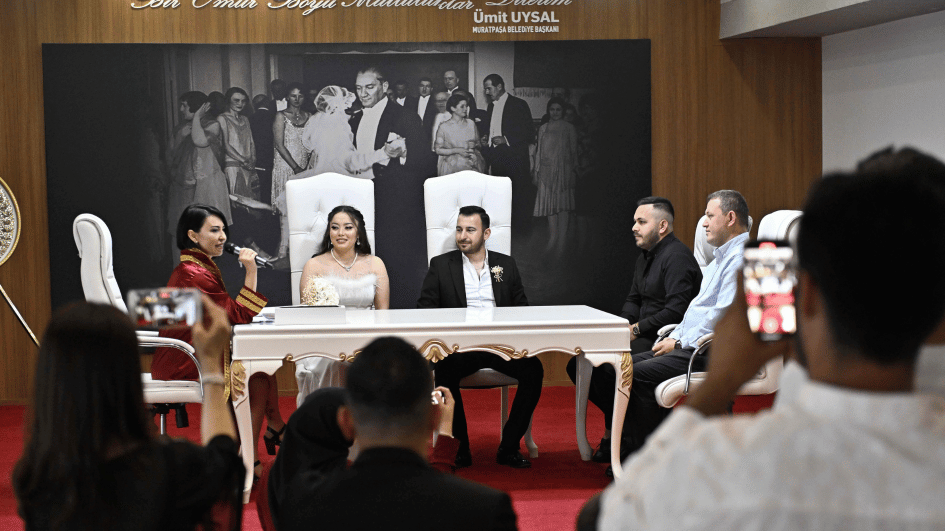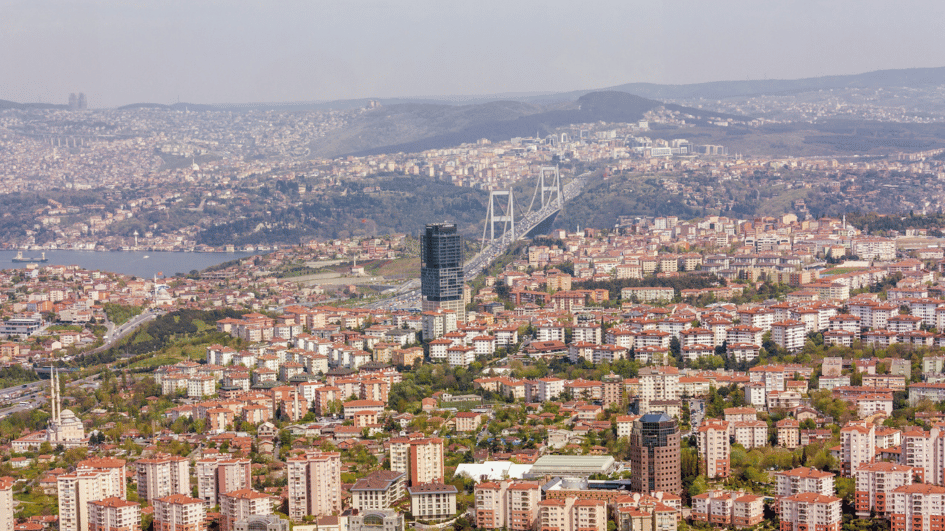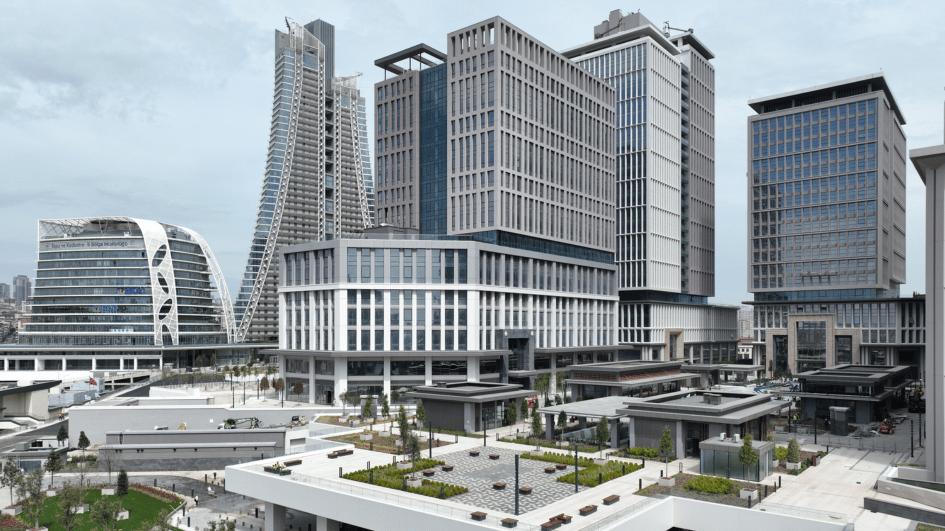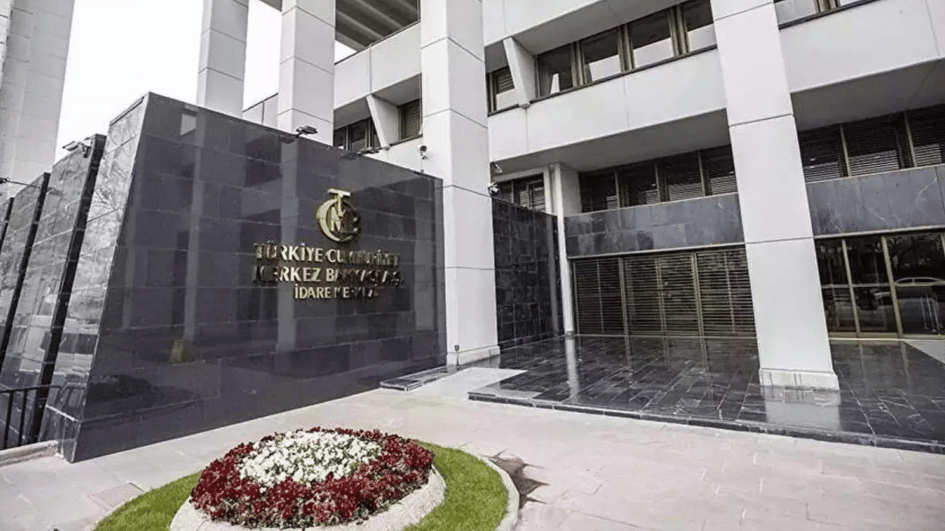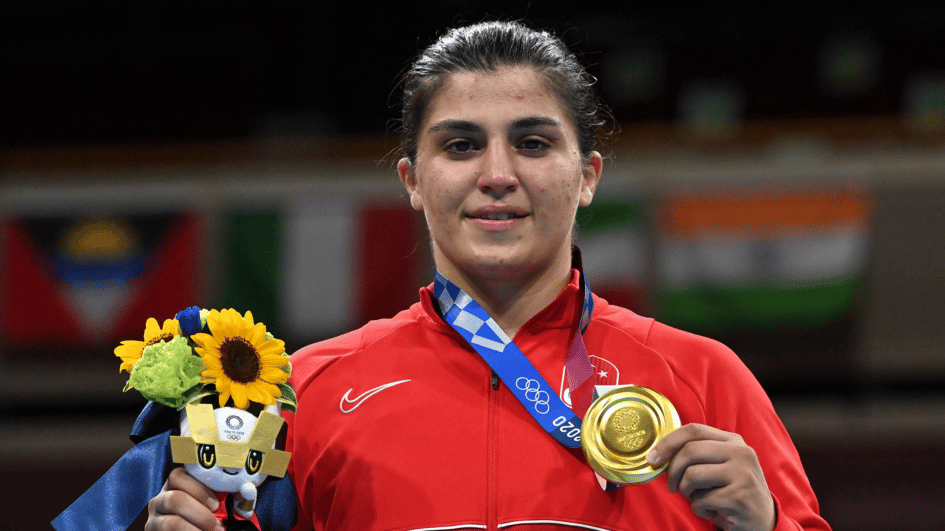Will European votes be key in presidential elections?
In August this year, there will be ballot boxes stationed in Europe for the Turkish presidential elections.
Millions of Europeans of Turkish origin will be able to vote in these elections.
And these votes will surely affect the outcome of the election. In 56 countries, there are a total of nearly 2,750,000 voters.
In Germany alone, there are 1,400,000 votes. For example, in Berlin, ballot boxes will be set up near the Olympiastadion (Olympic Stadium). A democracy festivity is expected.
This is like a huge ballot box of a stadium.
Daily BZ Berlin, printed in Berlin, has published a photograph of the Olympic Stadium. It inserted Turkish flags among the spectators in the stands. The full page headline read: “The biggest election center in the world.”
Can it be the key?
Votes in Europe constitute about 5 pecent of the total of voters in Turkey. I had an opportunity to talk to an expert in this field, Tarhan Erdem, yesterday. I asked him: “Can a ratio of 5 percent be key to the outcome of the elections?”
His answer was this: “5 percent is an important ratio. If the elections are a close call, then of course they would be effective. However, I estimate that the turnout in Europe will be low.”
We may look at it this way also: If the turnout is more than expected in Europe, then the presidential elections of Turkey, a candidate country for the European Union, may be shaped by European votes.
Erdoğan at Kölnarena
I came across an interesting detail while I was researching the number of voters in Europe. Prime Minister Recep Tayyip Erdoğan will be visiting Germany around mid-May.
Around the same time, there is an important celebration in Kölnarena in Cologne. The Union of European Turkish Democrats will celebrate its anniversary at the Arena Stadium. And probably, Erdoğan will deliver a speech at that stadium. The prime minister may give important messages in that speech.
What did Gül mean?
Two important messages came from Ankara and Kütahya at the same time April 18. Prime Minister Erdoğan announced the calendar for the consultations to be held on the candidacy for the president. And he said he will be holding the last consultation with President Abdullah Gül.
At almost the same time, Gül gave a very important message from Kütahya. He said, “A Putin-Medvedev formula would not be suitable.” In other words, if he cannot be the president, he will not be the prime minister.
These words show that there is no possibility for Erdoğan and Gül to switch places.
And Gül, with these words, has eliminated certain scenarios.
As a result, the issue is now fully dependent on Erdoğan’s decision.
Yes, as of May, Turkey is entering a very important phase, an era when the president will be elected by popular vote.
In other words, an era when the president will base his power on the votes he gained from people, not through the power of a political party.
We are going to experience this.



